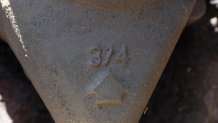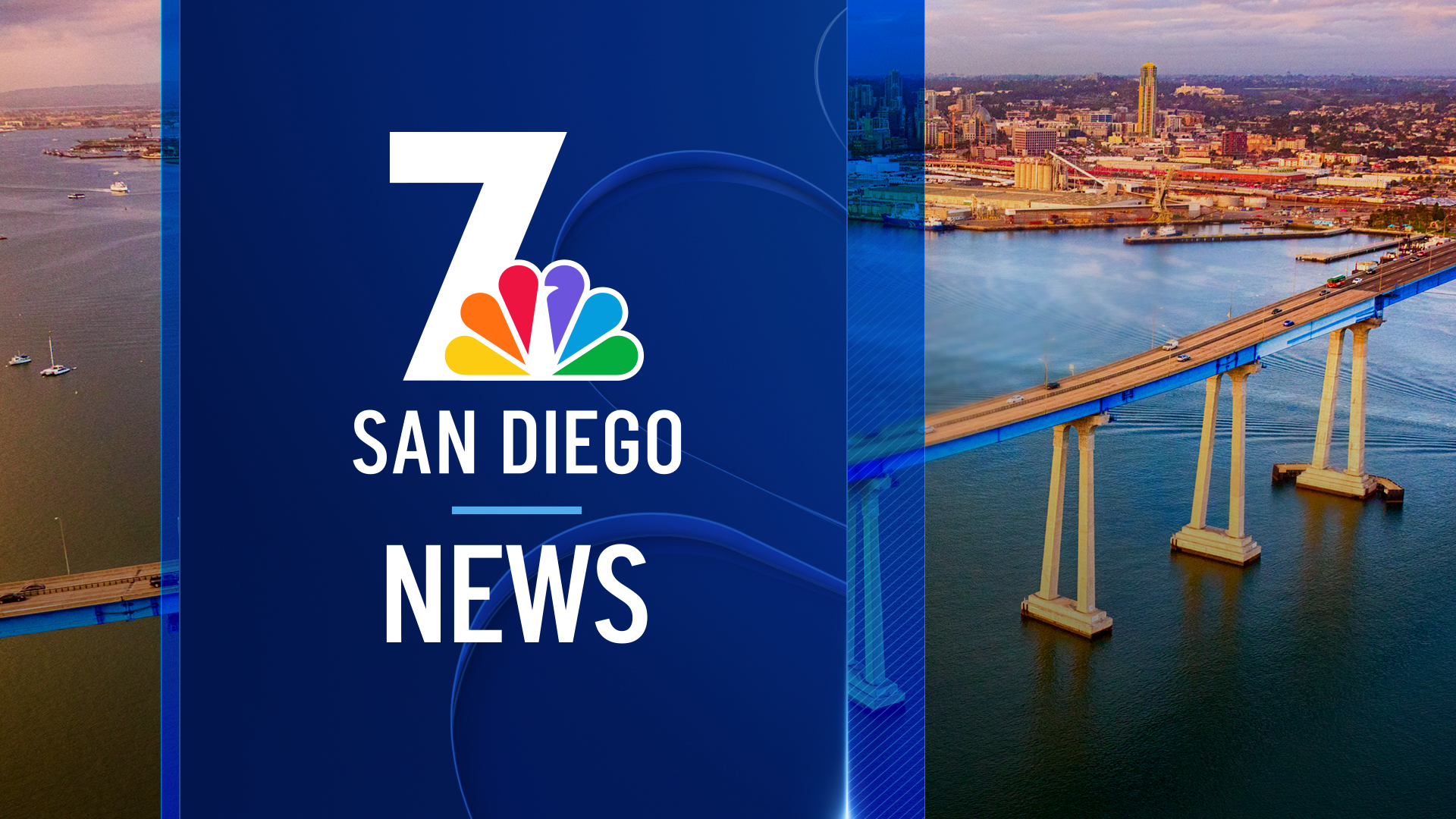A retrofitted ‘smart meter’ with mismatched parts misread a Pacific Beach woman’s water usage by five times as much. NBC 7’s Consumer Bob has what you should look for if your meter is misreporting your water usage.
The San Diego Water Department retrofitted water meters after all.
After weeks of questioning San Diego’s water department about water-meter retrofits and being told no retrofits are taking place at residential homes, NBC 7 Responds found one home where a botched smart meter replacement led to a customer being billed thousands of dollars more for water she did not use.
After the discovery by NBC 7 Responds, city water officials disclosed five homes where meter replacements were done incorrectly.
“Our bill for this last period is $4,831,” Pacific Beach homeowner Laura Ambrose said.
Laura said her family usually pays around $200 every two months for 35 to 40 hundred-cubic-feet (HCF) of water. In her June-through-September bill last year, after Laura’s water meter was replaced with a new smart water meter, Laura saw her bill jump to more than $800. The city said she used 85 HCF of water.
Then in January, Ambrose's bill jumped to 448 HCF, totaling over $4,800.
“I actually did a calculation and figured out the amount of water they claimed we were using would be the equivalent of filling a swimming pool every other day,” Ambrose said.
Local
Ambrose said she contacted the city and employees from the Public Utilities Department were sent out, only to tell her the new water meter was working fine and she must have a leak or do a better job of conserving water.
“I think the fact is that something is radically wrong with the meter and that’s the only thing we can conclude,” Ambrose said. “It has to be the meter.”
NBC 7 Responds met with Ambrose this week and inspected her water meter. In a matter of minutes, the team found Ambrose’s smart meter had been retrofitted with mismatched parts. The ¾-inch sized meter had a 1 ½-inch register installed.


Cities such as Atlanta, Georgia have experienced problems with water meter retrofits for this very reason, meter parts being mismatched during the installation.
In February, NBC 7 Responds asked the Public Utilities Department’s Deputy Director Mike Vogl about meter retrofits and he said, “If you look online, you would find several agencies that had problems where they did retrofit meters. That has to do with the fact that the meter register has to be properly amassed with the meter body and so, if you have an old meter you could simply replace the register portion of that meter but there is the risk, and that's what happened in some other cases, is that they were mismatched.”
Vogl continued, “And when that happens, then that register's not going to be properly recording the amount of water that goes through that meter. We are not doing any retrofits.”
NBC 7 Responds found purchase orders for water meter retrofit parts going back to 2012. The city has since walked back on their statement, saying some direct-read or analog water meters have been retrofitted to smart-meters that can relay water-use wirelessly.
NBC 7 Responds conducted a non-scientific test on Ambrose’s meter by having her fill a five-gallon bucket while we recorded her water meter. The meter registered 3.4 cubic-feet of water or over 25 gallons, five-times the amount of water Laura had actually used. Watch the test below.

“There’s no way a 1.5-inch register is capable of indicating consumption through a ¾-inch meter with anything even close to a degree of accuracy,” American Water Works Association Standards Committee Member Tom Kelly wrote NBC 7 Responds after reviewing the video above and photos of Laura’s meter.
NBC 7 Responds reached out to the city about our discovery and Jerry McCormick, a spokesperson for the water department disclosed this week, they have found five homes in the city where water meters had mismatched parts like Laura’s. This is the first time the Public Utilities Department has acknowledged smart meters as the source of a home’s billing problems.
In an email, McCormick said, “Our ongoing review of individual high bill cases subsequently led to the discovery that 1) some direct read meter were converted in the shop before installation and 2) at least 5 of the these converted meters were installed with incorrect registers. We are reviewing the accounts for the 5 locations identified to ensure appropriate adjustments are provided. We will similarly adjust or correct usage/bills for any other customers where the meter has a mismatched register whether reported by the customer or identified through our own investigation.”
To find out if your water meter has mismatched parts, you would need to locate the size of your meter that is engraved on the meter body itself, and then check the size indicated on your meter’s register or the dial lid on top. These sizes should match.


If these sizes do not match, you can call the water department at 619-515-3500. NBC 7 Responds would also like to see photos of any mixed-up meters. To contact us, click here.



